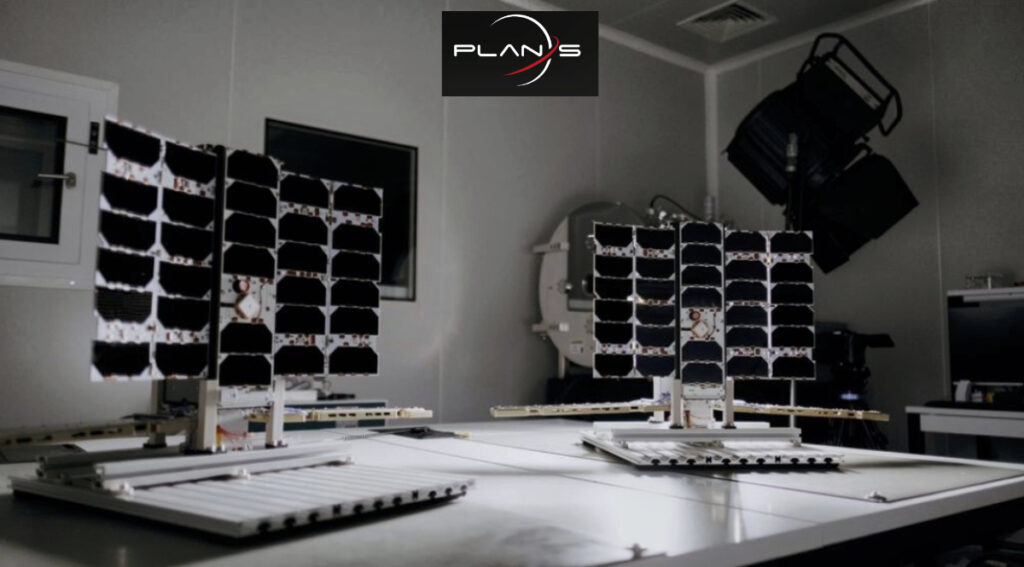
Plan-S, the manufacturer and operator of Türkiye’s first LEO satellite constellation, has been authorized—through its subsidiary Connecta—by the Information and Communication Technologies Authority (BTK) to provide satellite-based Internet of Things (IoT) communication services in Türkiye.

These services will be delivered through the Connecta IoT Network, which is designed and manufactured in-house, with more than 90% of its sub-systems developed internally. These developments mark the first time a LEO satellite operator has been authorized in the country, underscoring both Plan-S’s leadership and Türkiye’s growing role in global space communications.
Plan-S oversees every stage of its satellite development in-house, from design and production to testing and integration, and has launched 17 satellites since the company’s founding in 2021. Its Connecta IoT Network, currently operating 12 satellites, will expand to 200 in the coming years. With the growing constellation, Plan-S will provide global coverage along with enhanced service capacity and quality.
This authorization paves the way for IoT services across industries such as agriculture, energy, logistics, mining, water management, and disaster responses, particularly in regions where terrestrial networks are limited or unavailable. Leveraging LoRaWAN-based technology for low-power connectivity, the Connecta IoT Network ensures scalable, energy efficient, cost effective, interoperable, secure and reliable data transmission for both fixed and mobile applications.
The company has incorporated 3GPP standard-based NB-IoT technology into its roadmap to enable seamless coverage for networks built on 3GPP standards, with the first satellites supporting this technology scheduled for launch next year. This positions the company as the first satellite operator to deliver IoT services based on both NB-IoT and LoRaWAN, two of the most widely adopted technologies for IoT services in the terrestrial domain.
The company has already advanced its global market strategy with authorization in Australia. This new authorization from Türkiye now acts as a catalyst for further global expansion, reinforcing the Plan-S’s position as a strategic player in satellite-based IoT communications.
In addition to IoT, Plan-S is developing its Observa constellation to deliver high-resolution Earth Observation and advanced data analytics. By 2030, the company aims to operate more than 200 satellites, building a comprehensive and independent space infrastructure to serve industries worldwide.
Plan-S CEO, Özdemir Gümüşay, said, “Being recognized as Türkiye’s first authorized LEO satellite operator is a historic turning point, not only for our company, but also for our nation’s space and satellite communications ecosystem. At a time when the global satellite industry is undergoing profound transformation and countries are reshaping their strategies, this achievement marks an important step forward for Türkiye. Beyond enabling us to deliver IoT services at home, this authorization will significantly accelerate our investments in next-generation, strategic satellite communication technologies for international markets.”

